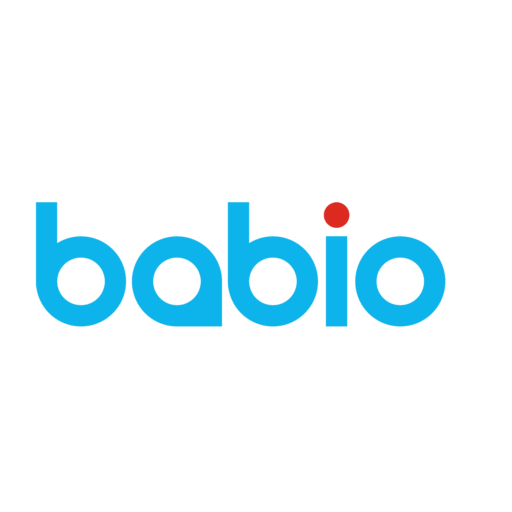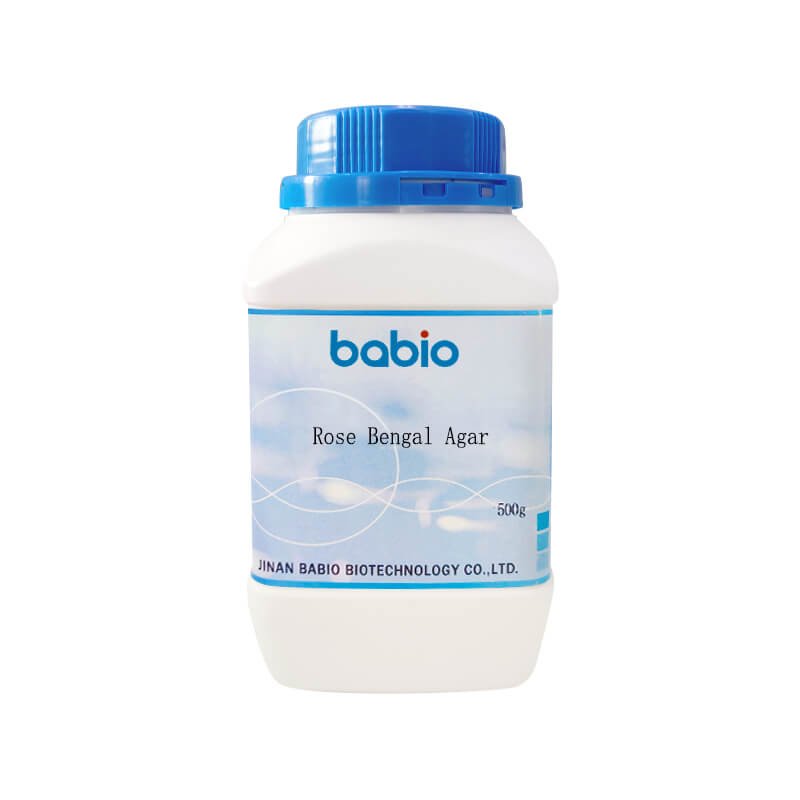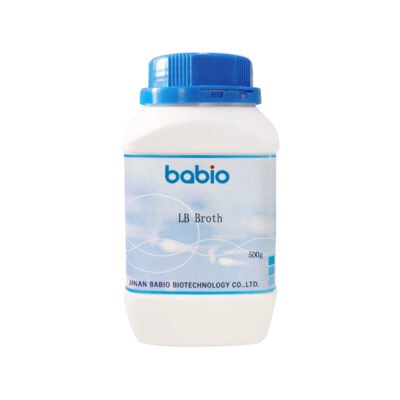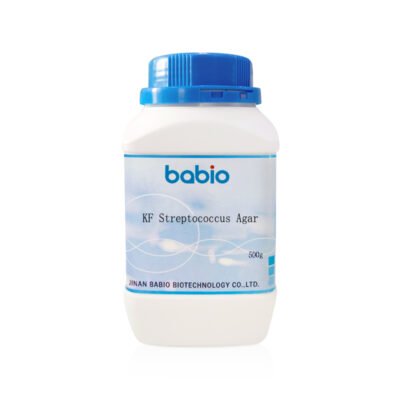Description
Overview
Rose Bengal Agar is a specialized culture medium designed for the isolation and enumeration of yeasts and molds. Its formulation not only promotes optimal fungal growth but also effectively inhibits bacterial contamination. Consequently, it has become an essential tool for microbiologists and researchers in various laboratory environments.
Approximate Formula
Ingredients (gm/liter)
- Peptic digest of animal tissue: 5.0
This ingredient provides essential nitrogen and carbon sources to support diverse microbial growth. - Dextrose: 10.0
Serving as a primary energy source, dextrose plays a crucial role in yeast and mold metabolism. - Monopotassium Phosphate: 1.0
Acting as a buffering agent, this compound helps maintain stable pH levels during incubation. - Magnesium Sulfate: 0.5
This ingredient supplies crucial trace elements necessary for enzymatic activities. - Agar: 20.0
Agar functions as a solidifying agent, creating a stable medium for microbial growth. - Rose Bengal: 0.033
The selective dye inhibits bacterial growth while controlling mold colony size, thereby enhancing visualization. - Chloramphenicol: 0.1
This antibiotic further suppresses bacterial contamination, ensuring the purity of fungal cultures.
Final pH: 7.2±0.2 at 25°C
Preparation Instructions
To prepare Rose Bengal Agar, follow these steps:
- Suspend the Medium: Dissolve 36.6 g of the medium in one liter of distilled or deionized water.
- Mix Thoroughly: Heat the mixture with frequent agitation until completely dissolved.
- Dispense into Containers: Pour the mixture into suitable containers (e.g., triangular flasks).
- Sterilize: Autoclave at 121°C (15 lbs) for 15 minutes to ensure sterilization.
Appearance and Storage
- Dehydrated Medium: The dehydrated form appears as a free-flowing light red powder.
- Prepared Medium: Upon preparation, it forms a red transparent solid.
- Storage Conditions: Store the dehydrated medium tightly capped in its original container at temperatures between 5-30°C. Additionally, prepared media should be kept out of direct light at 2-8°C for optimal longevity.
Shelf Life: The dehydrated medium has a shelf life of three years from the date of manufacture, while prepared media should be used within a reasonable time frame for best results.
Quality Control
To ensure the quality and effectiveness of Rose Bengal Agar, inoculate and incubate the prepared medium at 28±1°C for 120 hours. This step confirms the medium’s ability to isolate and promote the growth of yeasts and molds while suppressing bacterial contamination.
Applications
Rose Bengal Agar is widely used in microbiological laboratories for several purposes:
- Isolating Yeasts and Molds: It is effective in counting yeasts and molds in food, environmental samples, and clinical specimens.
- Mycological Studies: Researchers use it for studying fungal diversity and conducting various mycological investigations.
- Quality Control in Food Industry: It is instrumental in monitoring fungal contamination to ensure food safety.
Visit our [Food Hygiene Detection Series] for more related products.




-1-400x400.jpg)


Reviews
There are no reviews yet.